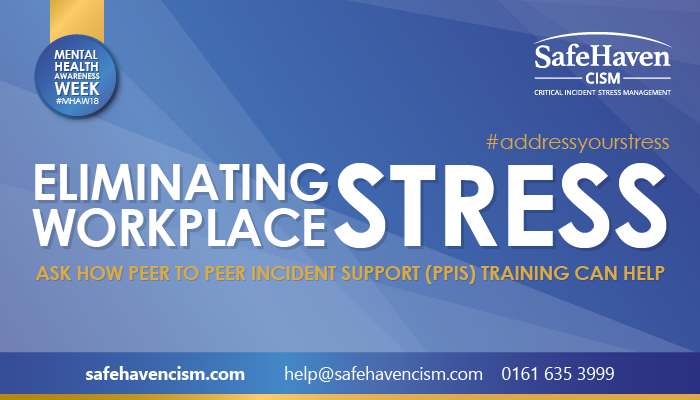
Supporting colleagues with a mental health diagnosis
You are likely to be providing the soft skills essential to support your team. However, it might be helpful to develop a process and recognise your own limitations as continuously supporting those who are struggling can at times become draining. It’s important you are looking after your mental health whilst in this supportive role.
How do you offer support?
- Arrange regular one to one’s – check on where how he/she is doing. Increase one to ones during difficult times. Arrange to follow up. (Limit these times)
- What are their triggers? – Help them to recognise these.
- What ways of coping do they have – They are the experts and will usually know what these are. However, at times when they are struggling, it’s likely they won’t remember to draw upon these strategies.
- Are there helpful adjustments that can be made during difficult times?
- Don’t be afraid to ask, you won’t make the condition worse.
- It helps to understand the individual rather than the label. Remember, everyone’s experience of mental health is different – two people with the same condition may have entirely different symptoms and ways of coping.
- You’re looking at supporting rather than solving.
- Empathy/approachable/listening – if you are demonstrating these skills, your team member is likely to feel supported.
Ask about how our Peer to Peer incident support training can help.
Author
